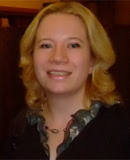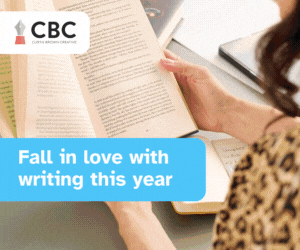RNA Conference 2018: Meet The Industry Professionals – Kate Nash
7 June 2018

We are very lucky to have a huge number of industry professionals attending the RNA conference in Leeds this year – agents, publishers and editors – and over the coming weeks, we will be hearing from them about what they do and what they are looking for from their one-to-one sessions with RNA members over the weekend of the conference in July.
Today, we welcome literary agent, Kate Nash. So over to you, Kate.
*
1. Please could you start by telling us what your current role is and what it involves?
 I am a literary agent which means I am a career manager to a number of authors. It is a very diverse role ranging from selling manuscripts to publishers, to negotiating contracts, to working with publishers on author branding. Essentially my role is to promote my authors’ interests and work with them to achieve the best career possible. In books this can take a while as very few first novels become bestsellers.
I am a literary agent which means I am a career manager to a number of authors. It is a very diverse role ranging from selling manuscripts to publishers, to negotiating contracts, to working with publishers on author branding. Essentially my role is to promote my authors’ interests and work with them to achieve the best career possible. In books this can take a while as very few first novels become bestsellers.
2. What type of submissions are you personally looking for at the moment?
Within romantic fiction I am always partial to romantic comedy and would like to see new themes, moving on from cupcake cafés, but still with community settings. I love sagas of all types, and have indeed just sold a wonderful saga set in mid 20th century Yorkshire by an RNA member whom I met for a one-to-one at the conference last year. I also love psychological thrillers and am open to all types of crime.
3. Is there anything you wouldn’t accept right now?
My watchword for fiction is realism and so I don’t represent fantasy or science fiction.
4. RNA members are sending you only their first chapter and a synopsis. Can you give them any tips on how to grab your attention in such a short submission?
Start with a bang — an action scene that marks the moment of life change for your central character.
5. And what about the synopsis? Do you have any tips for writing a really good one?
Fiction should make sense and with romantic fiction reader satisfaction comes from the emotional growth of the characters, so spell this out in the synopsis. Having said that I pay very little attention to synopses in practice so if you are trying to write a synopsis just for me and struggling, write a blurb (paragraph or two teaser traditionally on the back of a book) and then just add on how the story ends.
6. What are you most looking forward to doing over the conference weekend aside from your one-to-one sessions?
Chatting to everyone and finding out what’s going on from the romantic fiction coalface!
7. Can you tell us the last published book you read which you really enjoyed and why?
Ronan Fanning’s biography Eamon de Valera (Faber, 2016) has been my May half-term holiday read (aside from client manuscripts and submissions). I hoped by understanding de Valera better I would better understand the 20th century Ireland of my grandparents and this has proven the case. Very much a recommended read balancing the human and the history as good biography should.
*


